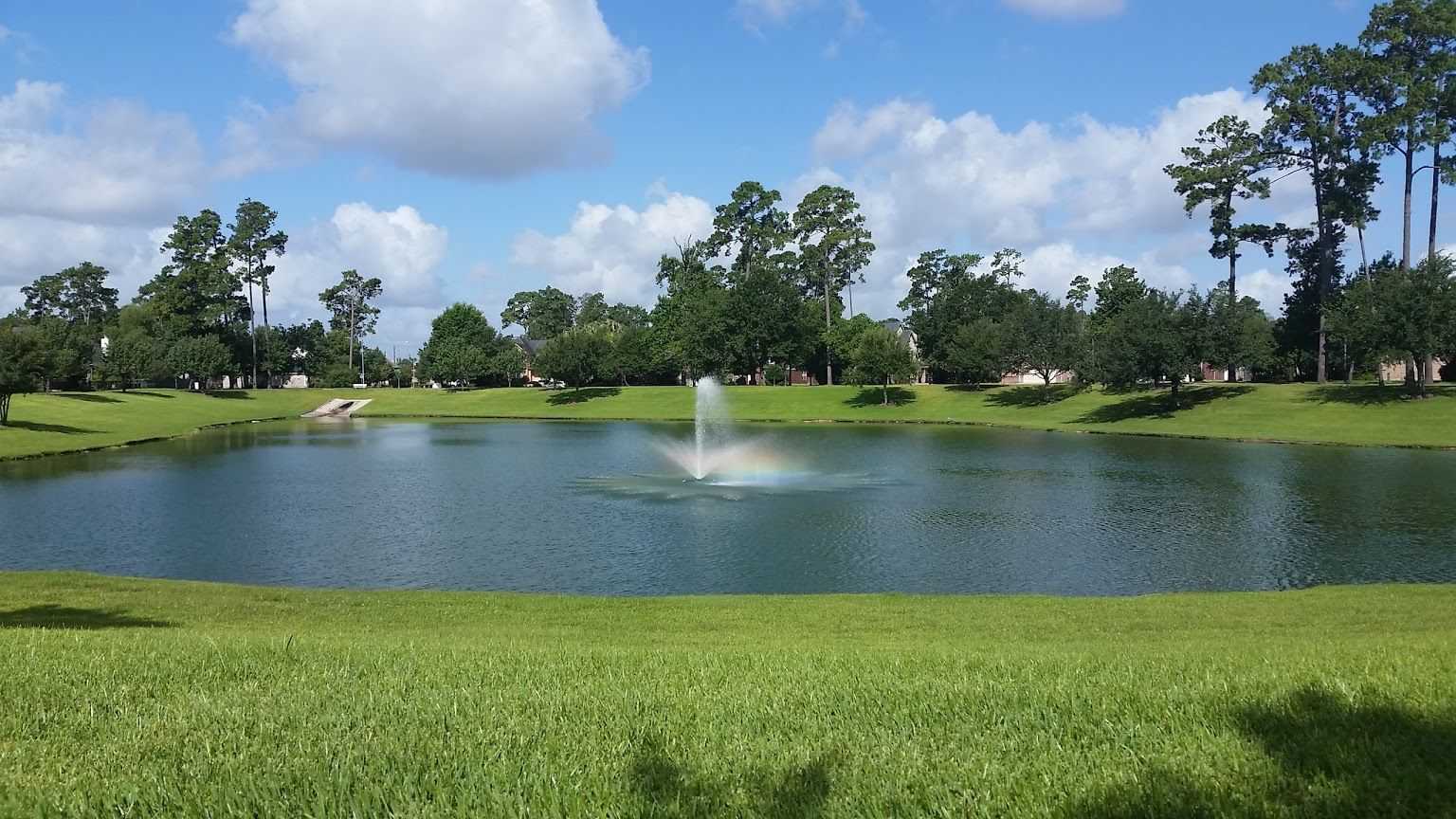The 2021 Hurricane Season is just around the corner and runs June 1st through November 30th. This season is predicted to affect Texas with higher-than-normal tropical storms and hurricane activity. Currently, 19 named storms, 8 hurricanes, and 4 major hurricanes are predicted, according to The Weather Company.
Hurricanes and tropical storms can wreak havoc on homes, properties, families, and pets. High winds and deluges of rain can impact power service, water service, and access to food and supplies. Whether born and raised in Houston or a recent transplant, hurricane preparedness is essential for everyone. Considering the predictions for a busy season and the history of storms affecting this area, preparing early is vital.
What steps has the District taken to prepare?
Since its development, Harris County Municipal Utility District 249 (HCMUD 249, the District) has been committed to exceeding the standards set by Harris County Flood Control. They have invested in the regional detention pond and actively maintain the integrity of the sloped banks and gullies that carry water through the District. Fortunately, due to these efforts, HCMUD 249 has seen no structural flooding in the past.
To maintain operations during power outages, the District is equipped with permanent generators for the primary sewage pumpage station that keeps the toilets flushing, and for the water well that provides water to homes. During Hurricane Season, two additional back-up generators are reserved for use as needed. Ground and drone flight inspections are performed monthly for all drainage infrastructure throughout the area. Collaboratively, everything possible is being done to reduce the risk of flooding to homes and businesses in the community.
What can residents do to be prepared?
Residents are urged to keep storm sewer inlets clear of debris, as these are designed as back-up pathways to carry water out of the neighborhoods and into the gullies. Bag lawn and leaf clippings and never blow debris into the storm drain. Gather supplies; keep in mind each person's dietary and medical needs. Keep cars parked in driveways, out of the street, and never drive into high water.
Stock up on items such as:
- Non-perishable food
- Bottled water
- First-aid kits
- Flashlights
- Extra batteries
- Manual can opener
- Candles and matches
- If desired, battery backup chargers for electrical devices
- Bags of ice
Do not forget to charge electronics you may need. Food and water supplies should cover 7 days for each person (one gallon of water per day) and be cycled out every 6 months. If you do lose power, keep freezers and refrigerators closed to retain internal temperatures.
Other supplies include:
- Battery-powered radio
- Medications and special items (pain relievers, diapers, etc.)
- Sanitation (toilet paper, personal hygiene items, etc.)
- Change of clothes and bedding
- Important family documents (birth certificates, insurance/ bank account information, etc.)
- Food, water, and medicine for your pets
- Kennels or crates for pets
- Cash
More Hurricane Preparedness tips for HCMUD 249
According to the Texas Governor’s Texas Hurricane Center, here are some tips on how to “Make a Plan. Be prepared. Be ready.”
- Put together an emergency supply kit
- Create a communication plan
- Sign up for your community or county warning system
- Know flood risks in your area
- Purchase or renew flood insurance
- Know your evacuation routes
- Register for STEAR if you or anyone you know will need assistance in an emergency
- Keep important documents in a waterproof container; create password-protected digital copies
- Protect your property; move valuables to higher levels; declutter drains and gutters. Immobilize or relocate any items that may become air bound during high winds.
- Follow weather alerts
Finally, ensure that you have the most recent information as it relates to Harris County MUD 249 by signing up to receive communication through email updates via the homepage on the District’s website. The website will be updated as needed with information regarding weather and storm warnings, flood risks, and any possible impacts to facilities or drainage as a result of severe weather.
Did you find this article helpful? Your neighbors and friends might too. Spread the news via the share button at the top of this article to Facebook, Twitter, & Nextdoor!
